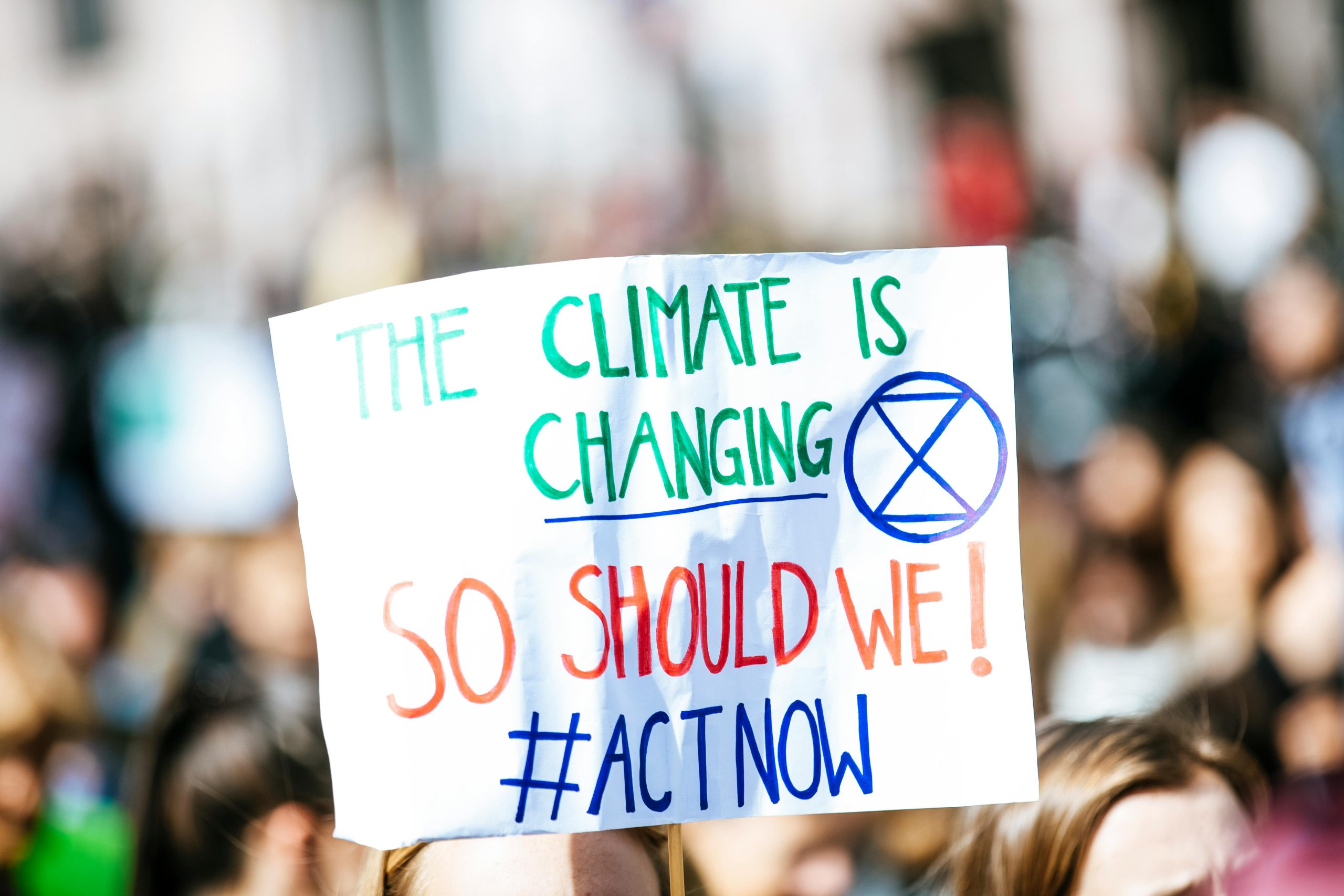Author: Musa Adamu Alkassim
Given the present global trends, it is increasingly clear that climate change has escalated into an urgent global crisis necessitating accountability from every sector of society. Have you ever pondered who should genuinely bear the responsibility for the environmental degradation and social injustices that arise alongside this growing phenomenon?
It is crucial to recognize that climate justice involves not only addressing the environmental consequences of climate change but also considering the ethical and social ramifications of its effects. This approach ensures that the most vulnerable and marginalized communities, who often bear the brunt of climate impacts, are given the support and resources they need to adapt and thrive. By integrating environmental, ethical, and social dimensions, climate justice aims to create a more equitable and sustainable future for all.
This article seeks to explore the complexities of accountability in the pursuit of climate justice, investigating potential pathways toward a more sustainable and equitable world for all individuals. To start, we need to pinpoint the stakeholders or significant participants in this climate change narrative.
Who are the stakeholders shaping the trajectory of our planet’s climate future?
1. Governments:
We start with governments because they possess the greatest influence over environmental policies and practices. They create the foundational rules and regulations necessary for safeguarding the environment. However, merely crafting these rules is not enough; frequently, governments fall short in their execution and enforcement. Consider Nigeria as an example. Although the country has an array of environmental protection laws on the books, the actual enforcement of these laws is significantly lacking.
2. Corporations:
Large corporations dominate a substantial share of the market, playing a crucial role in contributing to greenhouse gas emissions and overall environmental degradation. These companies wield considerable influence over supply chains, production techniques, and consumer habits, effectively shaping the entire economic landscape. Regrettably, in nations such as Nigeria, political favoritism and widespread corruption frequently enable these corporations to sidestep responsibility for their detrimental practices and actions.
3. Individuals:
It’s essential to keep in mind our own well-being and responsibilities. We are all interconnected, and the decisions we make on a daily basis hold significant importance. The seemingly minor actions we perform each day, such as how we consume energy, our modes of transportation, and how we manage our waste, collectively contribute to a substantial impact.
How do we ensure everyone takes responsibility at various levels?
1. Government Accountability:
Government institutions must significantly enhance their efforts by not only implementing but also rigorously enforcing comprehensive environmental policies. It is imperative that these institutions maintain a high level of transparency in their actions, ensuring that they openly communicate their processes and decisions to the public. Moreover, involving the community in the decision-making process is crucial, as public participation can lead to more effective and widely supported environmental strategies.
2. Corporate Accountability:
Large corporations are obligated to adopt eco-friendly practices and openly disclose their environmental impact. Moreover, it is crucial for them to listen attentively not only to their consumer base but also to environmental advocates and activists. By doing so, they can ensure that their business decisions are responsible and sustainable.
3. Individual Accountability:
What about us? Absolutely! We can make a significant impact by adopting sustainable choices in our daily lives, voicing our concerns and standing up against climate injustices, and continuously educating ourselves and our communities about pressing environmental issues. By doing so, we can collectively contribute to a more sustainable future.
Initiatives and case studies where accountability measures have made a positive impact in addressing climate change
It’s not all doom and gloom! There are numerous exciting initiatives currently making a remarkable impact on various fronts. Here are a few noteworthy examples that stand out:
- Carbon Tax Policies:
A growing number of countries have started to hold polluters accountable by mandating that they pay for their emissions and encouraging them to minimize their environmental footprint. This strategy compels businesses to rethink their pollution levels and implement more sustainable practices. At the forefront of this movement are countries such as Argentina and Canada, setting an example for others to follow.
- Corporate Sustainability Reporting:
Several companies are taking significant steps to mitigate their environmental impact. For example, Unilever and Patagonia are leaders in this effort, consistently publishing detailed annual sustainability reports. This level of transparency not only builds trust among their customers but also serves as an inspiration, encouraging other businesses to enhance their own environmental practices.
- Community-led Conservation Projects:
These initiatives highlight the crucial role that local communities assume in environmental preservation efforts. A notable example is the Maasai Wilderness Conservation Trust in Kenya, which exemplifies the success of community-driven projects in empowering local populations. Such initiatives enable them to manage natural resources sustainably, thereby effectively promoting and safeguarding the biodiversity within their regions.
- Renewable Energy Commitments:
Current trends reveal that numerous countries and corporations are making remarkable strides in advancing their renewable energy initiatives. Denmark, to illustrate, has pledged to become entirely fossil fuel-free by the year 2050, a commitment underscored by its substantial investments in wind energy infrastructure to realize this ambitious goal. Similarly, corporations like Google have achieved a milestone by powering their global operations with 100% renewable energy, thereby demonstrating their leadership and dedication to sustainable energy practices.
- Climate Litigations and Legal Actions:
In recent times, there has been a noticeable uptick in legal actions initiated against governments and major corporations for their roles in contributing to climate change. A prominent case that stands out is Urgenda v. The Netherlands, where the judiciary required the Dutch government to implement more rigorous and ambitious climate policies. This case highlights the critical role of legal accountability in promoting and advancing climate justice, underscoring its significance in the broader fight against environmental degradation.
When Talk Gives Way to Actions
How can we individually contribute to supporting climate justice? Each small action is significant, whether it involves recycling, conserving energy, or taking part in community initiatives. Every single effort plays a crucial role.
Ultimately, it’s not about pointing fingers or assigning blame. Each of us must take ownership of our actions and work together to guarantee that future generations inherit a habitable planet. We need to roll up our sleeves and put in the effort to build a sustainable society where climate justice is a reality. By joining forces and committing to meaningful changes, we can ensure a better, healthier world for everyone.



